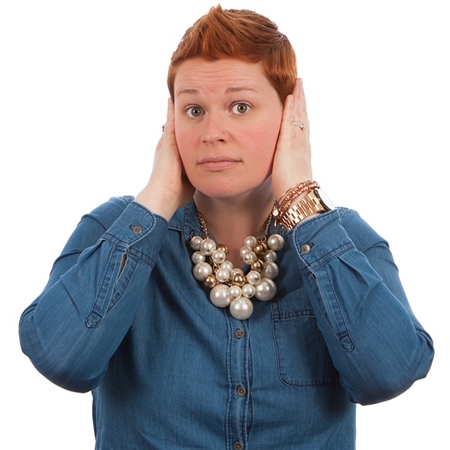


Exposure to bad language is inevitable in everyday life. While some people find it harmless, others may feel offended or upset. How we react to profanity is influenced by various factors, and there are strategies to develop tolerance and emotional regulation.
Why Does Bad Language Bother Us?
Profane words often hold a strong emotional charge. They can be linked to anger, frustration, or social taboos. When we hear swearing, our brains might perceive it as a threat or aggression, triggering the amygdala, the part of the brain associated with emotions and fear.
Here's a specific example: Imagine you're having a calm conversation with someone, and they suddenly yell a swear word. Your amygdala might misinterpret this as a verbal attack, causing a startle response or feelings of anger.
Understanding Cultural and Generational Differences
Social norms surrounding profanity can vary greatly across cultures and generations. What might be considered offensive in one culture might be commonplace in another. Furthermore, younger generations may be more desensitized to swearing due to its frequent use in media and everyday communication.
Developing Tolerance for Bad Language
While completely eliminating your aversion to swearing might not be possible, there are ways to develop tolerance and reduce the emotional impact.
Here are some practical strategies:
Cognitive reframing: When you hear a swear word, try to reframe it in your mind. Is it simply an intensifier, or is the person genuinely trying to be hurtful?
Focus on the context: Consider the situation and the speaker's intent. Is it a casual expression of frustration, or part of a larger argument?
Desensitization: Gradually expose yourself to profanity in controlled settings, such as watching a comedy movie with mature language.
When Does Bad Language Become Bullying?
It's important to distinguish between casual swearing and verbal abuse. If someone is using profanity in a threatening or insulting way to target or belittle you, it's not something you need to tolerate.
Here are some signs of verbal bullying that warrant addressing the situation:
Repeatedly using profanity to insult or demean you
Using swear words in conjunction with threats or intimidation
Swearing in a way that creates a hostile environment
If you encounter verbal bullying, it's important to assert yourself and set boundaries. You can directly address the person's behavior, remove yourself from the situation, or report it to someone in a position of authority.
Remember, You Can't Control Other People's Words
Ultimately, you cannot control how others choose to communicate. However, by understanding the reasons behind your reaction and employing coping mechanisms, you can empower yourself to manage your emotional response and minimize the impact of bad language on your well-being.